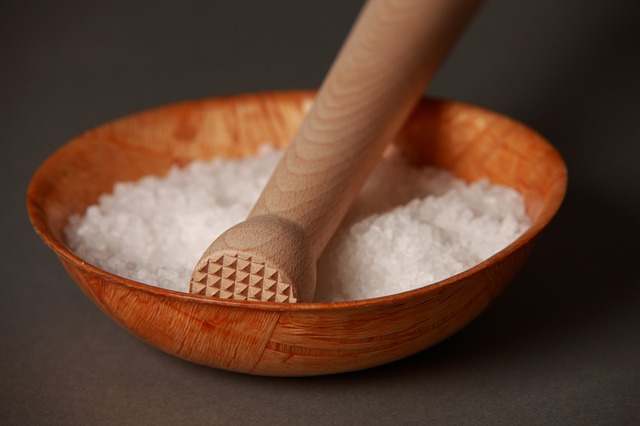Potato chips – and other salty snacks – make people hungry, not thirsty, new research shows.
An international team of scientists simulated what it would be like to live on Mars, and put the long-held belief that salt makes people thirsty to the test. This would have meant drinking more water, thus more urine, New York Daily News reports. The simulation presented an environment in which all that a person ate or drank could be measured and controlled, given the conditions on the Red Planet.
Two groups of 10 male participants were put in a sealed, cosmonaut-like environment. One group stayed for 105 days, while the other group for 205 days. Both groups had identical diets, except for the amount of salt in their meals.
The researchers, led by Natalia Rakova from the Max-Delbrueck Centre for Molecular Medicine, Berlin in Germany, found that a salty diet resulted in the participants drinking less. Apparently, salt triggers a mechanism that would cause the kidneys to hold water and produce urea. This process consumes energy, causing a person to feel hunger, not thirst.
Friedrich C. Luft, one of the study authors, said,
Nature has apparently found a way to conserve water that would otherwise be carried away into the urine by salt.
Scientists had previously assumed that salt held on to water molecules in the human body and dragged them out through urine, making a person thirsty and causing the need for more water. However, this study proved that salt was relieved through urination, while water moved back into the kidneys, and the rest of the body.
The study said, “This water-conserving mechanism of dietary salt excretion relies on urea transporter-driven urea recycling by the kidneys and on urea production by liver and skeletal muscle.”
The results of the study had important implications in understanding urea, which has always been thought to be a waste product of urine. This is also helpful in learning more about how the body achieves homeostasis, or balance.
The study was published in The Journal of Clinical Investigation.
























